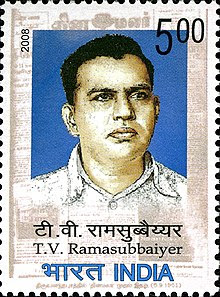#Shubh_Navratri
Navratri Day 1 - Maa SHAILPUTRI
"Maa Shailputri" is a Hindu deity, specifically one of the manifestations or avatars of the goddess Parvati. She is also one of the Navadurga, which are a group of nine goddesses worshipped during the Hindu festival of Navaratri.
The name "Shailputri" can be broken down into two parts: "Shail" means mountain, and "Putri" means daughter. Therefore, "Shailputri" translates to "Daughter of the Mountain," which is a reference to the goddess's association with the Himalayas.
Maa Shailputri is typically depicted riding a bull and holding a trident in one hand and a lotus flower in the other. She is often worshipped on the first day of Navaratri, which is dedicated to her, to seek her blessings for strength, courage, and protection.
Navaratri is a nine-night Hindu festival that celebrates the triumph of good over evil. During this festival, devotees perform various rituals, prayers, and pujas to honor the different forms of the goddess Durga, with each day dedicated to a different manifestation or avatar, including Maa Shailputri.










